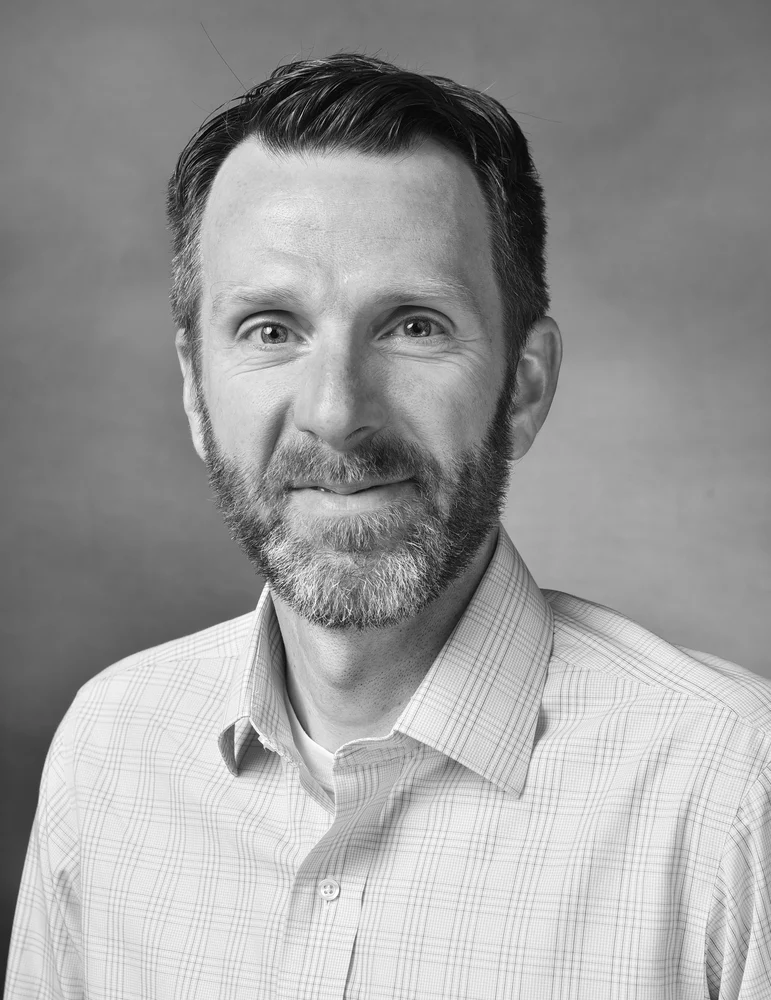
Dennis Livesay (PhD, '00, Subramaniam) will become dean of Michigan Technological University’s College of Computing on Feb. 1, 2021.
Prior to this new position, Livesay was at Wichita State University as dean of the College of Engineering and a full professor in both the Department of Chemistry and Department of Biomedical Engineering.
“Digital transformation is impacting every industry, including engineering and manufacturing,” said Livesay. “Computing, data, connectivity, and security are already the cornerstones of the modern economy. I look forward to working with everyone in the College of Computing, and across campus, to strengthen our efforts in these areas.”
Livesay noted that, while he has been happy in his role at WSU, he saw the opportunity to lead Michigan’s only college of computing as one he could not pass up. “I really see this as a once-in-a-lifetime opportunity that — given MTU’s traditional established strength in engineering — aligns perfectly with my background,” he said.
Born and raised in Columbus, Indiana, Livesay was a first-generation university student. After completing his PhD in chemistry at Illinois, Livesay started his career in 2000 at California State Polytechnic University, Pomona, where he was assistant and then associate professor of chemistry. From there, he continued on to the University of North Carolina at Charlotte (UNCC), where he was a founding member of the Department of Bioinformatics and Genomics and developed two of UNCC's most visible research programs: the bioinformatics and computational biology doctoral program and the Charlotte Research Scholars undergraduate research program.
In 2016, Livesay joined WSU as dean of the Graduate School and associate vice president of research and technology transfer before becoming dean of the College of Engineering in January 2019. Livesay's research expertise is in the area of protein family sequence, structure and function relationships, with a particular focus on understanding how physical and chemical properties vary with evolutionary divergence. He has spent his career working across disciplinary boundaries and intends to prioritize interdisciplinary work in his role as College of Computing dean.